According to Dr. Phung Thi Thuy Hang, Deputy Head of the Ophthalmology Department, Bach Mai Hospital ( Hanoi ), acute conjunctivitis (also known as pink eye) is quite benign and rarely leaves sequelae, but the disease is very contagious in crowded places such as schools, hospitals, offices, swimming pools, etc. and can become major epidemics.
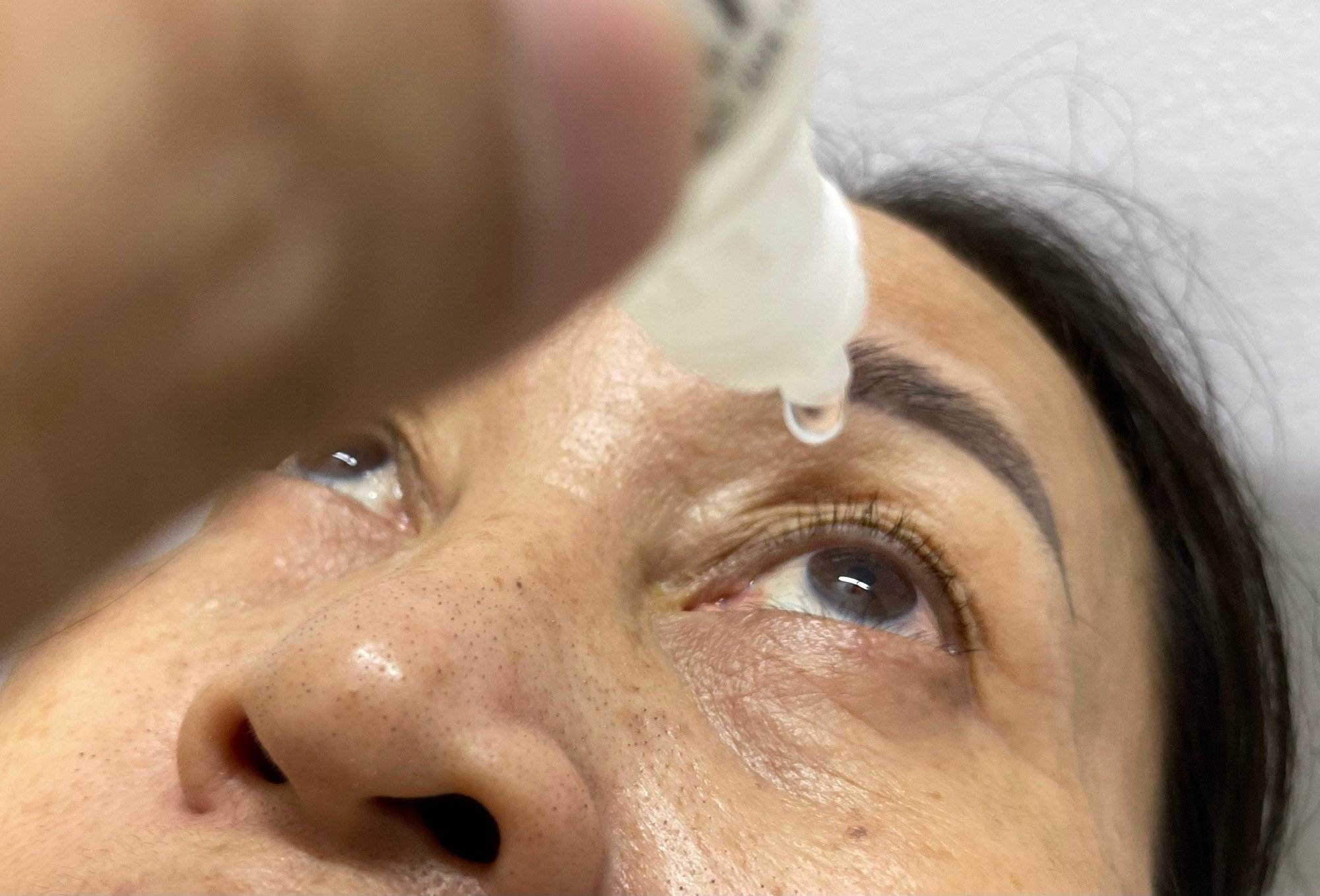
After the incubation period (from the time of contact with the source of infection) of 2-3 days, there will be signs of itchy eyes, red, gritty, photophobic, watery eyes and a lot of discharge. When waking up in the morning, the patient has a lot of discharge, making the two eyelids stick together, making it difficult to open the eyes. The discharge also makes it difficult for the patient to see, but vision is usually not reduced. At first, only one eye is affected, after a few days it appears in the other eye. The next symptoms are red and swollen eyelids, conjunctival congestion, edema, a lot of discharge on the eyelid margin and conjunctival surface, in some cases there may be hemorrhage (bleeding) under the conjunctiva.
If the cause of the disease is bacteria (streptococcus, pneumococcus, diphtheria, etc.), the conjunctiva of the eyelids is often covered by a pseudomembrane. Severe cases can cause corneal damage such as superficial punctate keratitis, punctate keratitis, causing the cornea to become opaque, then vision is greatly reduced and lasts for months.
P DISEASE PREVENTION
To prevent the spread of pink eye, people with conjunctivitis should stay home from school or work, avoid crowded places to avoid infecting others; use personal items, do not rub your eyes; wash your hands before and after applying medication.
When you have to use shared objects, wash your hands with soap first. After recovering from an illness, clean your eyeglasses with soap to avoid reinfection. Do not use one bottle of eye drops for many people. Do not use homemade saline solution for eye drops because it is not sterile. The salt concentration and pH are not suitable for the eyes. In addition, homemade saline solution often contains impurities that are harmful to the eyes. Do not throw away cotton swabs after using them to wash your eyes. Regularly wash your face towels with soap and dry them in the sun. Clinics need to clean hands and sterilize tools properly.
(Source: Department of Ophthalmology, Bach Mai Hospital)
Dr. Phung Thi Thuy Hang noted that if the cause is adenovirus, the patient may have a mild fever, runny nose, swollen lymph nodes in front of the ear or jaw angle, sore throat, and swollen tonsils. With allergic conjunctivitis, the patient is exposed to an allergen that causes rapid redness, and both eyes become very itchy, causing the patient to rub their eyes, causing secondary infection.
Pink eye has many different causes, so people with pink eye need to go to ophthalmology clinics for diagnosis and advice on appropriate treatment. People with pink eye need to be treated according to the instructions of an ophthalmologist. Do not buy eye drops on your own to avoid causing some dangerous complications.
In particular, do not use medicinal herbs to apply or steam your eyes because it can cause other eye injuries such as burns from heat or essential oils. Some fungi and bacteria in the leaves can penetrate through corneal scratches, causing a very dangerous disease called corneal ulcers. In that case, treatment will be extremely difficult and costly, and the consequences will be corneal scarring, causing permanent blurred vision. In some severe cases, the eye must be removed.
Source link









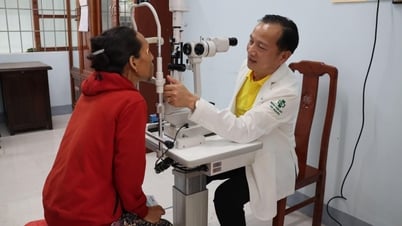


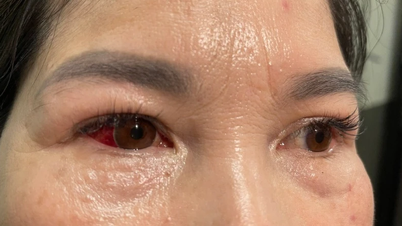

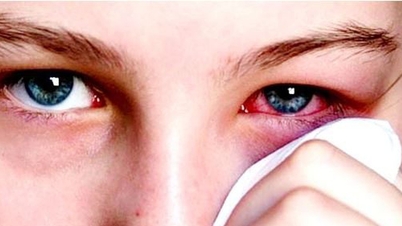




![[Video] Ministry of Health warns of seasonal flu, hand, foot and mouth disease and RSV at peak winter season](https://vphoto.vietnam.vn/thumb/402x226/vietnam/resource/IMAGE/2025/11/29/1764376270484_bo-y-te-canh-bao-cum-mua-tai-mui-hong-2243-jpg.webp)
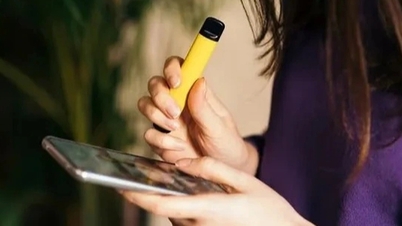

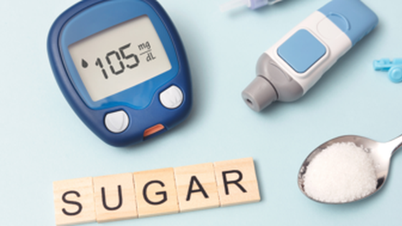

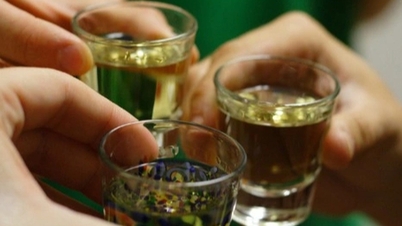




















































































Comment (0)